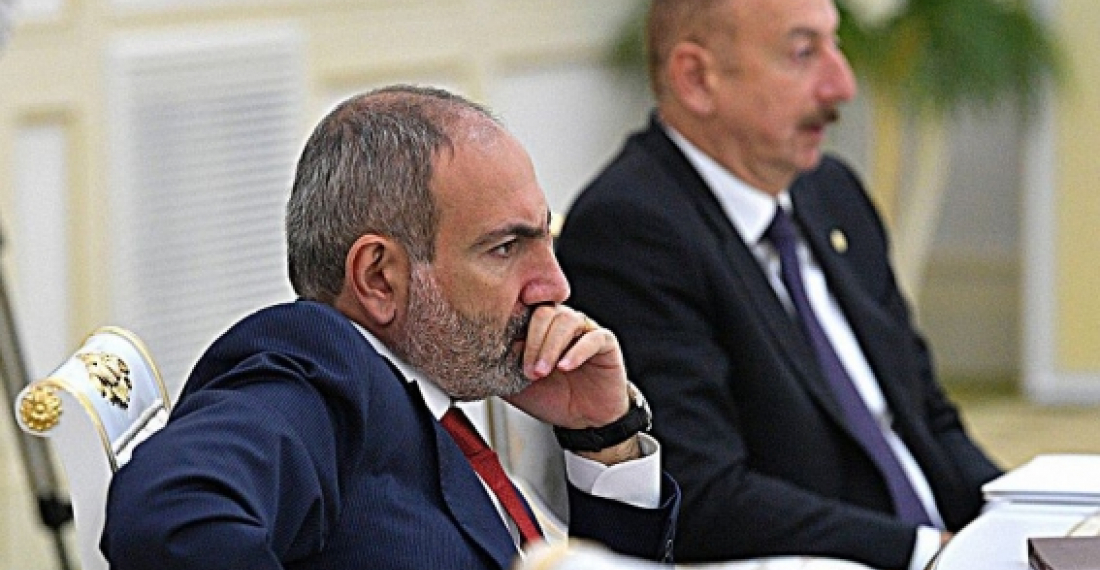This is an editorial comment prepared by the team of commonspace.eu
Exactly one year ago, in the early hours of the morning, the president of Azerbaijan Ilham Aliyev, the prime minister of Armenia Nikol Pashinyan, at the instigation and with the personal mediation and participation of Russia’s president Vladimir Putin, signed a trilateral declaration which formally ended the 44 day Karabakh War and offered prospects for a new beginning.
The War did end, and despite the sporadic incidents there has not been any return to large-scale hostilities. But the new beginning has yet to come, and now is the time.
Even the most optimistic, of those who carefully monitor events in the South Caucasus, could understand that the first year after the end of the conflict was bound to be lost. There were bodies to be found and buried, heroes – dead or alive – to be honoured, lose ends from the conflict to be tied up, and adjustments made based on new realities.
It was understood that Armenia needed time to heal its wounds after its military defeat, and to exhaust its internal political process, which led to the snap election of June, and the unexpected clear victory of prime minister Pashinyan. And even Azerbaijan needed time and space, to let out the euphoria after a military victory that most Azerbaijanis thought was never going to be possible. That all happened in the last year. It is now time to draw a line under the past and plan for the future.
Aliyev and Pashinyan needed time, and they got it. Now there is no more time to lose. The current situation offers the best opportunity in decades for a new beginning in the South Caucasus. It must not be squandered, and both sides need to understand that they have only a short window of opportunity – probably lasting months not years, during which they must have the courage to take the next steps.
Armenia-Azerbaijan relations need to be normalized and formalized, and the two sides need to start talking about establishing formal diplomatic relations, even though resolving outstanding issues between them will take a long time. Active and permanent diplomatic contacts will help the process of normalization. The leaders must have the political courage to not only take difficult decisions, but also to take ambitious decisions.
In this they need the support within their countries of all people of good will, and beyond their countries the sympathy and support of the international community.
The 10th November 2020 trilateral declaration is not a perfect document. It leaves many things unanswered, and it gives an unnecessary, and potentially dangerous, privileged position to Russia in the South Caucasus. But it has its positive sides too, and it is now important that it be used as the initial base for taking things forward.






